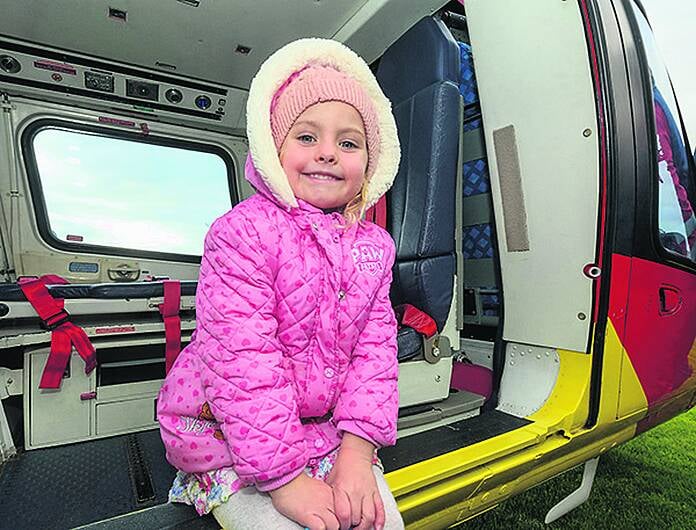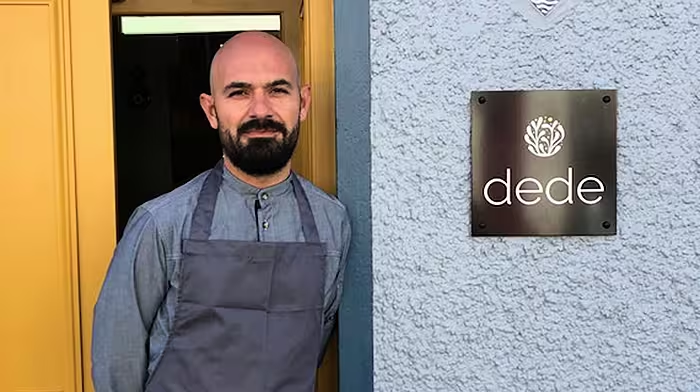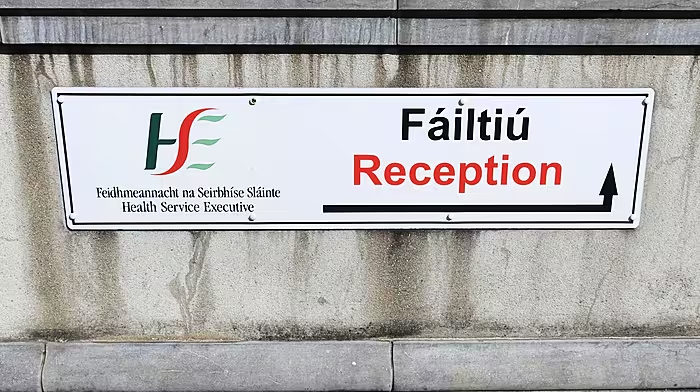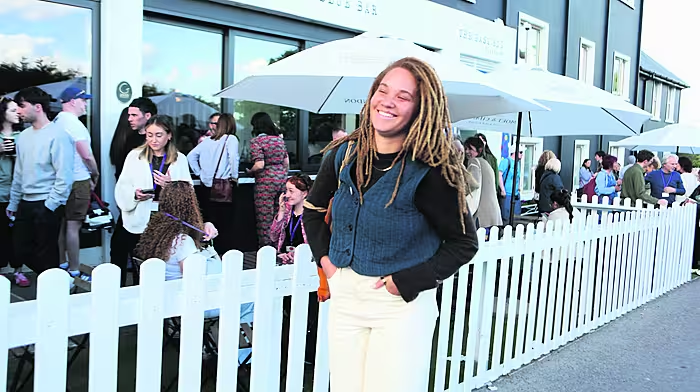A security analyst has described the Air Ambulance initiative for Munster as ‘an amazing initiative', but has slammed the State, saying it is a shame that communities have had to do this themselves.
A SECURITY analyst has described the Air Ambulance initiative for Munster as ‘an amazing initiative’, but has slammed the State, saying it is a shame that communities have had to do this themselves.
Dr Tom Clonan said that earlier this year the government agreed to give €7m of taxpayers’ money to a foreign private sector provider, Air Alliance, to provide a nighttime-only medical air ambulance service.
For the same investment in the Air Corps, he said the State could provide, not only a nightime service, but also two helicopter emergency medical services (Hems).
Mr Clonan said a helicopter emergency medical service – like the one that that has just been established by the Irish Community Rapid Response organisation under CEO John Kearney from Baltimore – could be run at an annual cost of €2m-€3m.
With an estimated €1m investment in additional Air Corps personnel, he said the Corps could provide the nighttime cover, and that a €7m investment could cover the cost of both operations.
Mr Clonan described Irish Community Rapid Response – which took matters into its own hands and set up its own service with the aim of extending air ambulance cover throughout Munster – as ‘an amazing initiative.’
He said that great credit is also due to the HSE for providing the advanced paramedics and the medical technicians for the emerging service.
‘But,’ he added, ‘it is a shame that communities have to do this themselves, and that the State is either unwilling or unable to show the kind of leadership needed.’
Dr Clonan is of the opinion that international best practice shows that these services should be doctor-led.
He pointed out that the HSE has indicated that 92% of callouts only need advanced paramedic and emergency medical technicians, leaving just 8% of cases where a doctor would be required.
‘By not having the service doctor-led,’ he added, ‘you have a situation where almost 10% of your callouts are not going to be meaningful, in other words, that there is going to be a risk to life.’
Dr Clonan made the point that access to emergency departments in rural Ireland can be hard and that there should be a readily available air ambulance service.
In fact, he pointed out that Ireland is one of the last EU member States to have this life-saving service – a situation that should be rectified without delay.







